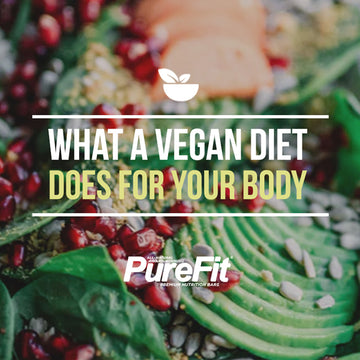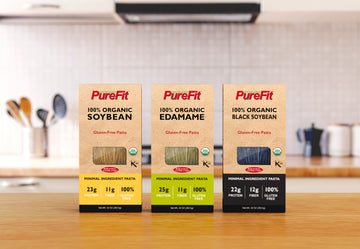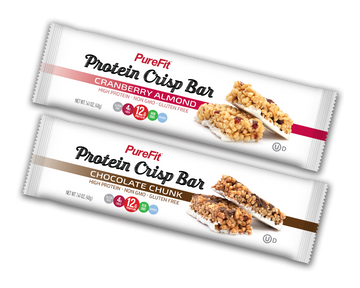
Eating vegan has become increasingly popular over the years, generally because of the perception of it being healthier, the easier availability of fresh produce, and an increase in options for eating out.
Eating vegan wholly as a lifestyle choice is, however, not without controversy and myths. To separate the wheat from the chaff, here is a breakdown of what science has to say about the subject of veganism:
Nutritive Quality
Given the reliance on a range of vegan produce such as whole grains, legumes, nuts, seeds, fresh fruits, and vegetables to meet dietary needs; the vegan diet is generally a rich source of nutrients in the form of fiber, vitamins C and E, folic acid, potassium, magnesium, and phytochemicals (plant chemicals) such as carotenoids and flavonoids.
However, proper planning is essential to ensure that the vegan diet provides all the nutrients that are required for the body to function. Vegan food is typically associated with reduced calcium, vitamins D and K, iron, vitamin B12, omega-3 fatty acids and protein.
Calcium and vitamins D and K are essential to bone health, which is one of the reasons many hesitate to go vegan. However, these can be sourced from calcium-rich vegetables such as bok choy, broccoli, Chinese cabbage, collards, and kale; as well as fortified foods such as soy milk, rice milk, organic orange juice, and breakfast cereals.
A Vitamin D supplement may be necessary. Eating fortified foods or supplementation of vitamin B12 can be required if on a vegan diet.
Vegans need approximately .45g of protein per pound of body weight on a daily basis. Legumes, nuts, seeds, soy products and whole grains are all good sources of vegan protein. Omega-3 fatty acids can be sourced from flaxseed, walnuts, canola oil and/ or also supplemented by fortified foods.
Protection Against Disease
Vegan diets, as a whole, contain less saturated fat and cholesterol and more vitamins C and E, dietary fiber, folic acid, potassium, magnesium, and phytochemicals (plant chemicals), such as carotenoids and flavonoids.
As a result, they're likely to have lower total and LDL (bad) cholesterol, lower blood pressure, and lower body mass index (BMI), all of which are associated with longevity and a reduced risk of many chronic diseases.
Vegetarians, overall, have a lower incidence of heart disease, cancer, and diabetes.
Eating vegan aids a healthy lifestyle but doesn’t necessarily in itself guarantee good health. For best results from a vegan meal plan, it is essential to maintain healthy eating habits, exercise regularly, and ensure you are getting the appropriate levels of nutrition via food, fortification as well as supplementation.




